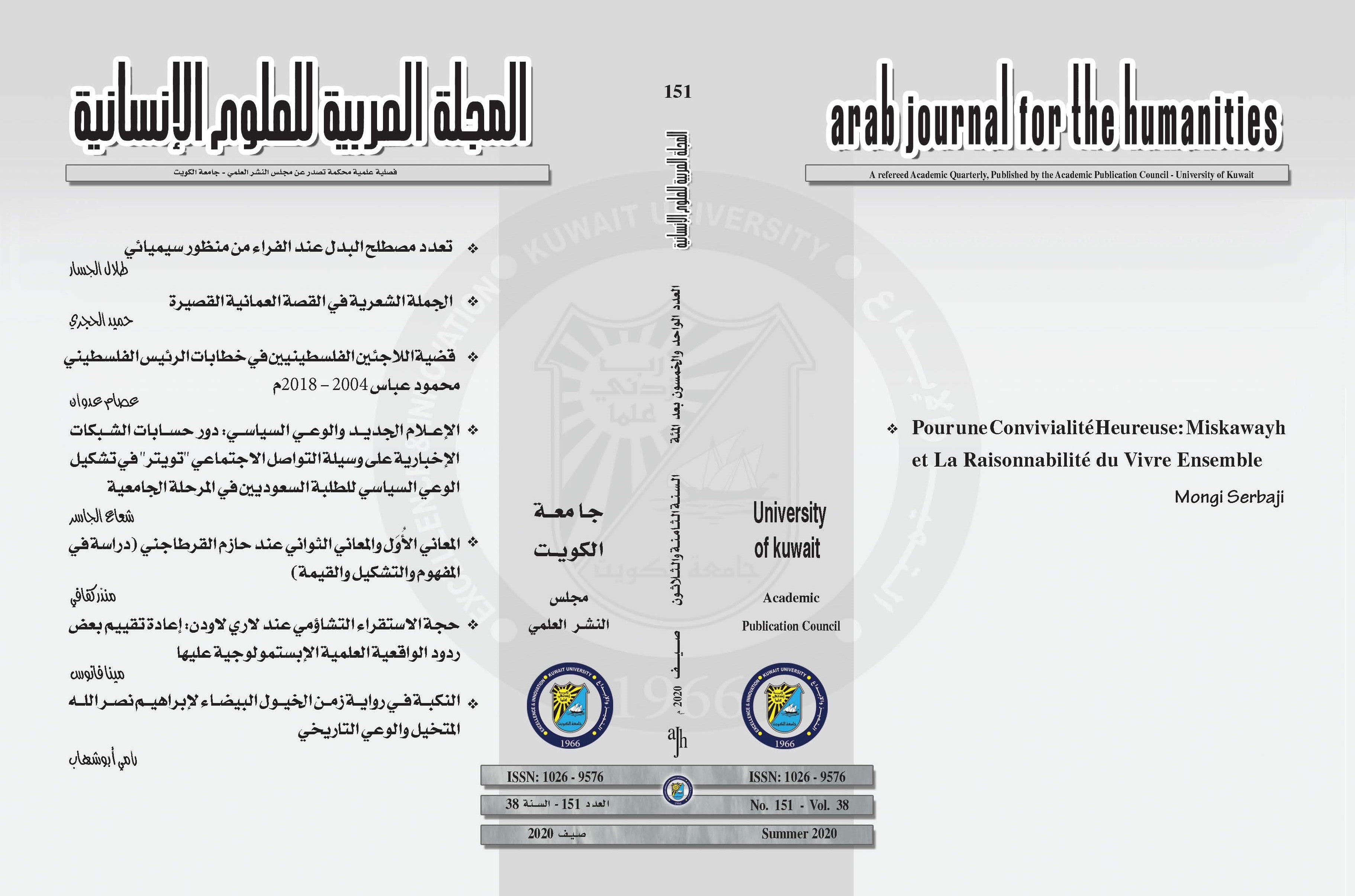A Re-Evaluation of Some of the Epistemological-Scientific Realism Responses Against Larry Laudan's Pessimistic Induction Argument.
Abstract
This study investigates Larry Laudan's pessimistic induction argument against epistemological-scientific realism, which ascribes the success of science to its reliance on its approximately true theories. As soon as Laudan published his argument, many scientific realists adopted a number of strategies and responses to undermine his strong antirealism argument, relying profoundly on historical records. This study focuses on criticizing some of these significant responses, such as those from referential approaches, selective confirmation approaches, and fallacies approaches. Through a critical methodological epistemological analysis, this study proves that these responses are not enough to defend epistemological-scientific realism against the pessimistic induction argument. The study concludes that such responses have not enhanced scientific realism but actually weakened it.
















